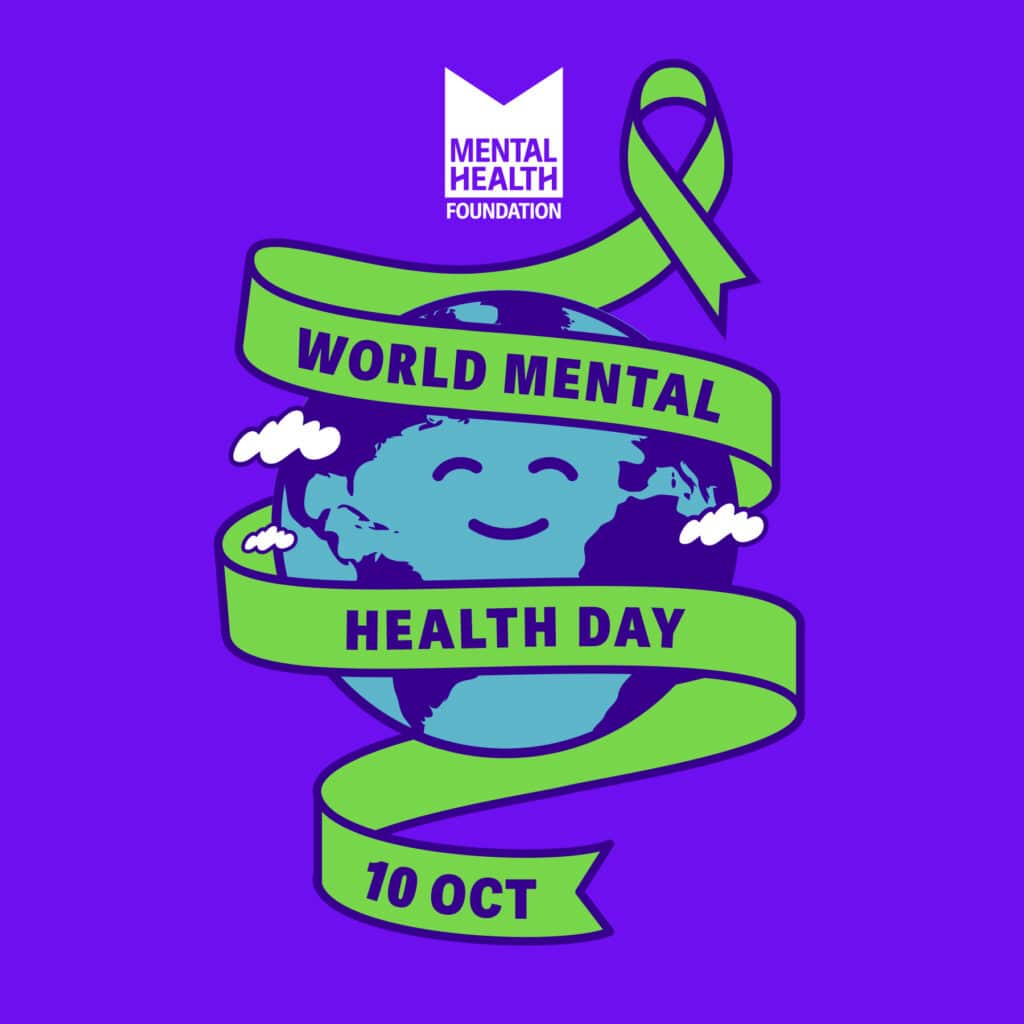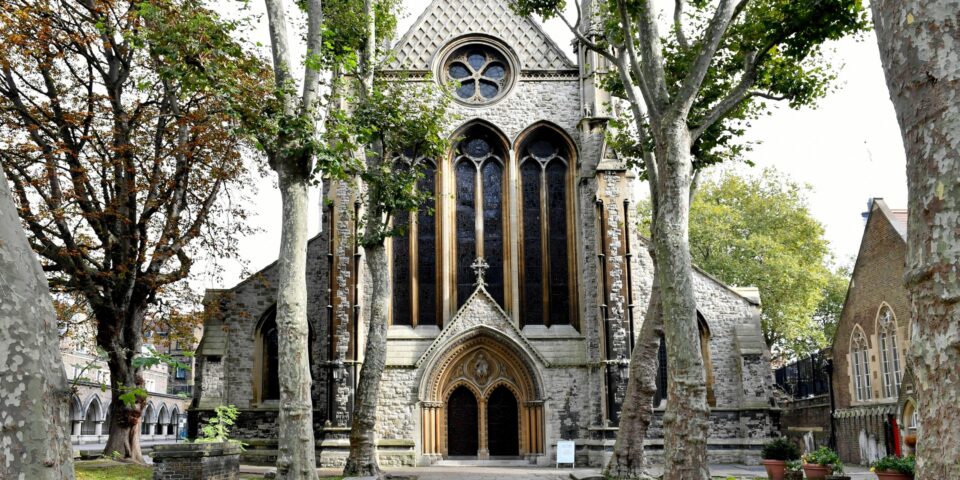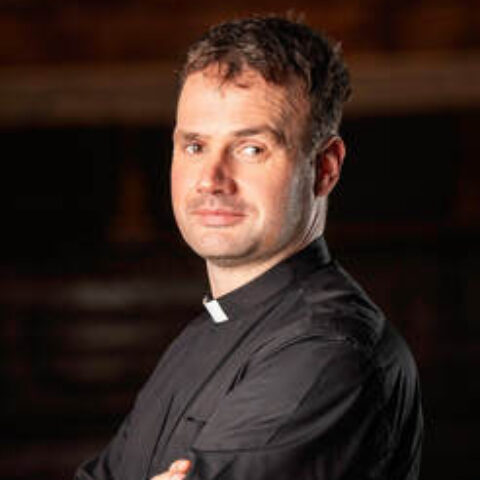Mental health in the spotlight
How Are You? It’s Alan (Partridge) is a new six-part satirical TV series by Steve Coogan. For Partridge devotees, Alan’s latest attempts to document mental health are a must-watch. The montages of imploding fruit, role-playing “I feel” with sidekick Simon, bicycle rides with old school friends, and cups of tea with forced smiles all contribute to a clumsily funny yet sharp satire on a subject that has become increasingly mainstream in recent years.
While the language of mental health and therapy culture has become commonplace – even within church circles – opinions on this phenomenon vary. On one hand, the growing openness around mental health has helped to destigmatise it, making it easier for people to acknowledge struggles and seek support. On the other hand, some argue it can encourage a culture of self-focus, placing emotional comfort at the centre of moral decision-making. And yet, as clergy and church volunteers well know, the topic of mental health in our churches and parishes is anything but trivial. When we talk about mental health in our communities we aren’t talking about social trends – we regularly encounter individuals in real distress, presenting complex emotional and social needs.
I’ve worked at St Mary Abbots for around two years now, and when I started, I wasn’t sure what kind of needs we’d see in an affluent part of central London. I’ve been taken aback by how frequently our staff and volunteers support people in mental health crises. Often, there’s overlap with homelessness and poverty, but these issues also affect residents of our parish and members of our congregation. I’ll admit that, at times I’ve felt overwhelmed, even guilty, unsure of what to say or how to help. Sometimes I’m simply tired and struggle to know how to put in place boundaries to conclude a conversation. We recognise that we need to engage with these issues in an informed and helpful way.

Not your usual church fete
For this reason, St Mary Abbots recently hosted its second Mental Health fair. We did this in partnership with SMART (St Mary Abbots Rehabilitation and Training) – an independent charity established in the 80s, with which our church continues to enjoy strong links. We decided to host the fair on World Mental Health Day 2025. We invited mental health providers from the borough of Kensington and Chelsea to set up stalls with information; we shared a healthy lunch with music provided by a local band formed of service users at SMART; a panel of experts responded to a Q&A, and we even had masseuses giving free head and hand massages. The fair was well attended by people from across the borough. It’s remarkable how much good work is being done but also how difficult it can be to hear about it and know how to navigate it all.
As well as sharing information on how to access services and support, the most positive thing about the fair was simply the opportunity for people to spend time with each other and to support each other around a common goal. People had commented to me that they would rarely come into church (some for understandable reasons), and it was an opportunity to see the church in an unexpected light. I wasn’t intending to talk to anyone about Christianity, but people were curious about the connection between spirituality and mental health and why the church would engage with the issue. It was refreshing to share the church with such a diverse group of people from different economic, religious, and geographical backgrounds. There was a real ‘feel good’ atmosphere and it’s something that we hope to repeat over the years.
A training offer for clergy and church workers
We also hope to build on this work. Later this month, we are hosting a training day for clergy and church staff to learn together how to work with individuals who come looking for support. There’s a growing recognition that some people come to churches because they don’t know how to access formal mental health services or navigate the system. This presents both an opportunity and a challenge to respond in an informed and compassionate way. We’re often good listeners, but without proper training, it’s easy to feel uncertain about whether we’ve truly met someone’s needs.

